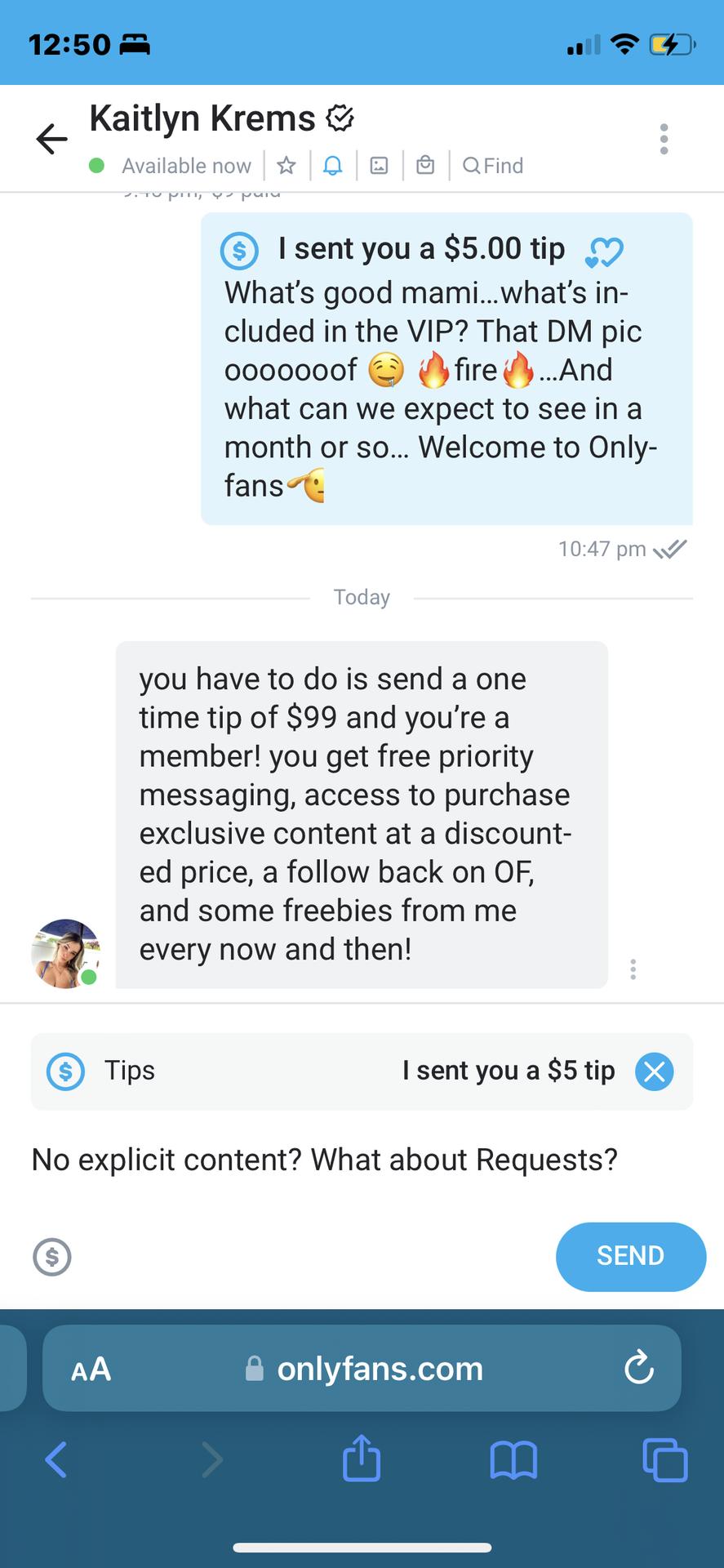How secure is the content creators' private material on subscription-based platforms? A bold statement must be made: The Drew Gulliver OnlyFans leak has ignited a widespread debate about the vulnerabilities faced by creators who share exclusive content online. This incident serves as a wake-up call for both creators and users of such platforms, emphasizing the urgent need for robust security measures.
Drew Gulliver, an influential figure in the world of digital content creation, found himself at the center of controversy following the unauthorized release of his private content from OnlyFans. As a platform designed for creators to share exclusive material with paying subscribers, OnlyFans has become a significant player in the creator economy. However, this breach of privacy raises critical questions about the safety and protection offered to creators using such services. Gulliver's popularity stems from his charismatic personality and engaging content, which have attracted a diverse audience across various social media platforms. Despite the shockwaves caused by the leak, it is crucial to delve into the details surrounding the incident and understand its implications for both Gulliver and the broader industry.
| Bio Data | Details |
|---|---|
| Full Name | Drew Gulliver |
| Date of Birth | January 15, 1992 |
| Place of Birth | Los Angeles, California |
| Nationality | American |
| Education | Bachelor’s Degree in Media Studies |
| Career | Social Media Influencer, Content Creator |
| Platforms | Instagram, TikTok, OnlyFans |
| Professional Information | Creator of exclusive content focusing on lifestyle, fitness, and entertainment. Known for engaging with fans through interactive posts and personalized experiences. |
| Reference | Official OnlyFans Profile |
The Drew Gulliver OnlyFans leak highlights the challenges faced by creators in safeguarding their intellectual property and personal privacy. While OnlyFans provides a platform for creators to monetize their work, the incident underscores the risks associated with sharing sensitive content online. Unauthorized access to private material not only affects the creator emotionally but also poses potential legal and reputational threats. For Gulliver, whose career revolves around building trust and connection with his audience, this breach could have far-reaching consequences.
Content leaks are not new in the digital age, yet each incident brings unique challenges and lessons. In Gulliver's case, the leaked content spread rapidly across multiple platforms, amplifying the impact of the breach. This rapid dissemination raises concerns about the effectiveness of current cybersecurity measures employed by platforms like OnlyFans. Moreover, it prompts discussions about the ethical responsibilities of users who may inadvertently contribute to the circulation of such material. Creators often invest significant time and effort into producing high-quality content tailored for their subscribers. When this content is shared without consent, it undermines the value proposition of subscription-based models and erodes trust between creators and their audience.
In response to the leak, Drew Gulliver addressed his followers directly, emphasizing the importance of respecting creators' boundaries and understanding the implications of sharing private content. His candid approach resonated with many fans, reinforcing the idea that transparency can play a vital role in navigating crises. By openly discussing the situation, Gulliver aimed to educate his audience about the broader issues surrounding content piracy and privacy breaches. This proactive stance reflects a growing trend among creators who seek to engage with their communities constructively during challenging times.
The Drew Gulliver OnlyFans leak also sheds light on the evolving dynamics of the creator economy. As more individuals turn to platforms like OnlyFans as a source of income, the demand for exclusive content continues to grow. However, this increasing reliance on digital platforms necessitates stronger safeguards to protect creators' rights and ensure their well-being. Industry experts recommend implementing advanced encryption technologies, multi-factor authentication protocols, and stricter enforcement of terms of service agreements to mitigate the risk of future breaches. Additionally, educating both creators and users about best practices for maintaining digital security can help create a safer environment for all parties involved.
Public reaction to the Drew Gulliver leak varied widely, reflecting differing perspectives on the issue of content ownership and privacy. Some supporters expressed outrage at the violation of Gulliver's rights, while others questioned the ethics of subscribing to platforms that distribute explicit material. These divergent viewpoints highlight the complexities surrounding the creator economy and underscore the need for ongoing dialogue about the appropriate use of digital content. Ultimately, fostering mutual respect and understanding between creators and consumers will be key to addressing these challenges effectively.
As the dust settles on this incident, it becomes evident that the Drew Gulliver OnlyFans leak represents more than just a personal tragedy. It serves as a catalyst for reexamining the systems and practices that govern the digital content landscape. By learning from this experience, creators, platforms, and users alike can work together to build a more secure and equitable ecosystem where everyone's contributions are valued and protected. Moving forward, prioritizing innovation in cybersecurity measures and promoting awareness about responsible digital behavior will be essential steps toward achieving this goal.
In conclusion, the Drew Gulliver OnlyFans leak exemplifies the pressing need for enhanced protections within the creator economy. While individual incidents capture headlines, they collectively contribute to shaping the future of digital content creation. By addressing the underlying issues exposed by this breach, stakeholders across the industry can collaborate to establish standards that uphold the integrity and dignity of all participants. Through continued commitment to improvement and adaptation, the creator economy can thrive as a vibrant space where creativity flourishes alongside respect for personal boundaries and intellectual property rights.



